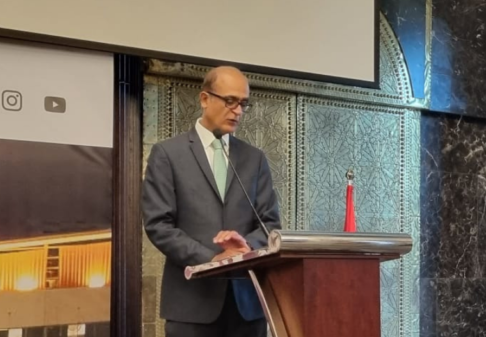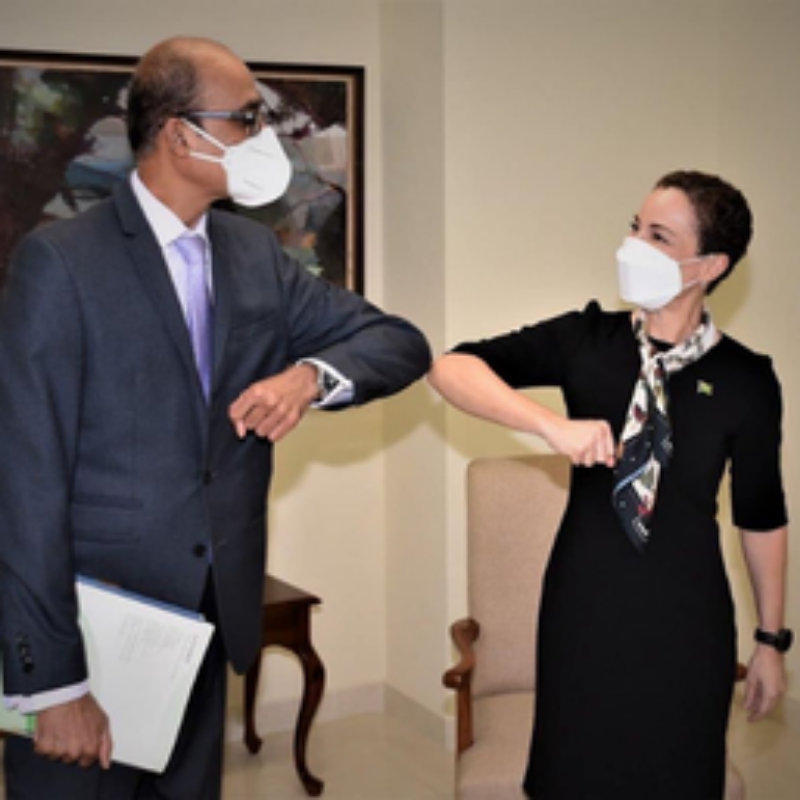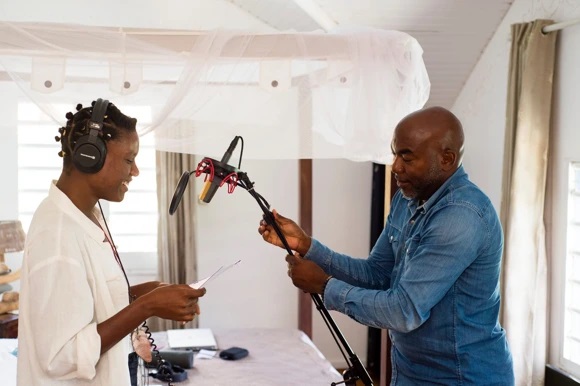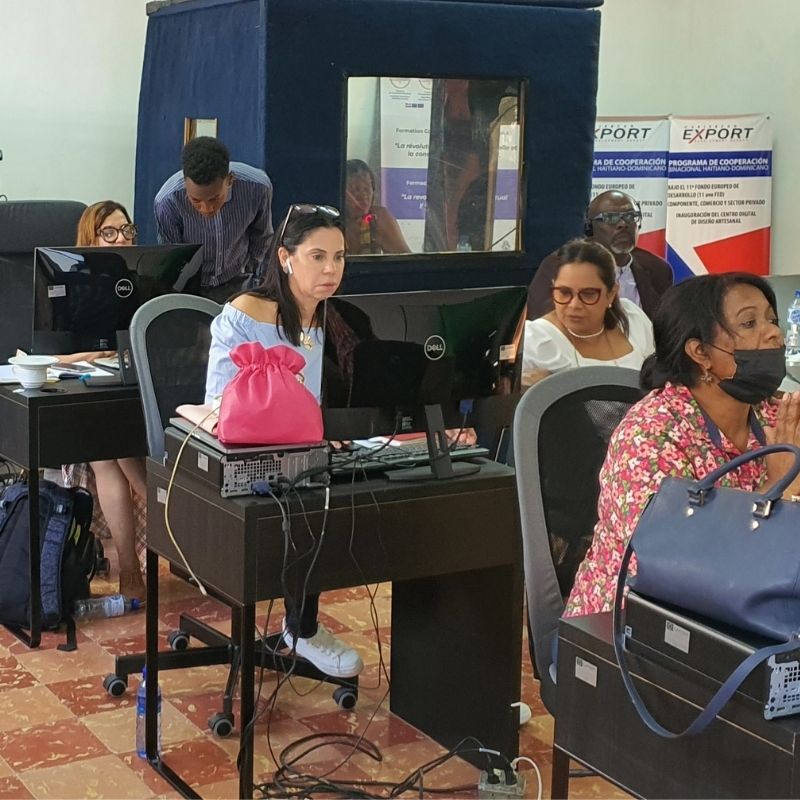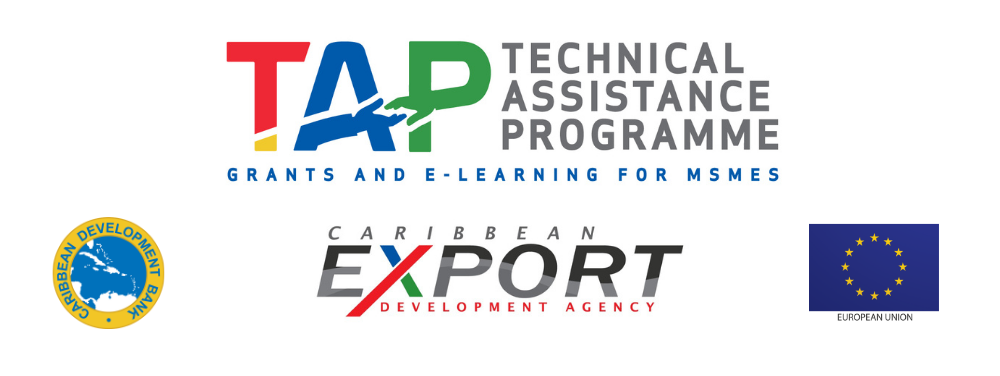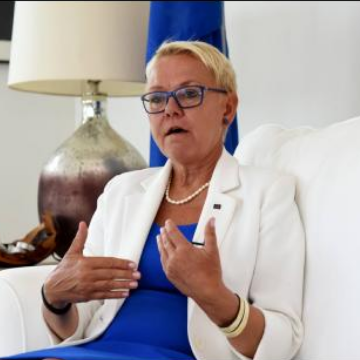Het Caribbean Export Development Agency speelt een sleutelrol bij het helpen van regionale kleine bedrijven om uit de economische aanval van de COVID-19-pandemie te komen door hen voor te bereiden op de exportmarkt.
Dr. Carla Barnett, secretaris-generaal van CARICOM, Dr. Carla Barnett, heeft een videoboodschap afgeleverd bij de lancering van het Jaarverslag 2021 Jaarresultaten 2021 van Caribbean Export in het Barbados Hilton Hotel op donderdag. resultaten. “Onze regio bevindt zich op een cruciaal kruispunt waar het voor ons allemaal noodzakelijk is om te helpen bij het bouwen van een veerkrachtig Caribisch gebied waarin onze mensen een duurzaam levensonderhoud kunnen hebben en de levensstandaard voortdurend kunnen verbeteren”, verklaarde ze.
“Dit zijn financieel uitdagende tijden en daarom moeten onze regionale instellingen en agentschappen blijven aantonen waar voor hun geld te bieden en duidelijke en meetbare resultaten voor onze mensen te leveren”, voegde de inheemse Belizeaan eraan toe en verklaarde dat “we ook de hoogste normen van verantwoording moeten hebben en transparantie in onze activiteiten en rapportage.”
Ze prees pioniers die werkzaam zijn in de groene economie, de creatieve industrie en de landbouw, die ze beschreef als een cruciaal gebied waar investeringen nodig zijn om voedselzekerheid op te bouwen.
Tijdens de presentatie hoorden aanwezigen getuigenissen van ondernemers uit Belize, Dominicaanse Republiek, Haïti en Jamaica (die werkzaam zijn op het gebied van chocolade, voeding, sterke drank, kunst, outsourcing van bedrijfsprocessen en managementadvies) die beschrijven hoe hun betrokkenheid bij Caribbean Export hen hielp om capaciteit opbouwen, productie verhogen en toegang krijgen tot nieuwe markten.
Voorzitter van Caribbean Export, senator Dr. Lynette Holder, die ook de CEO is van de Small Business Association of Barbados, prees het bureau voor zijn actiegerichte stappen om directe, concrete steun te bieden aan micro-, kleine en middelgrote ondernemingen (MSME’s) op gebieden variërend van capaciteitsopbouw voor e-commerce tot directe subsidies die door de Europese Unie worden gefinancierd.
In 2021 waren er drie oproepen voor subsidies van in totaal meer dan US $ 3,5 miljoen, waarvan 157 bedrijven in de hele regio profiteerden, en vier virtuele wereldwijde investeringsfora hielpen het Caribisch gebied als een gunstige locatie voor potentiële investeerders op het wereldtoneel te profileren.
Deodat Maharaj, uitvoerend directeur van het Caribbean Export Development Agency, citeerde statistieken die wijzen op 80 procent van de werkgelegenheid en meer dan 75 procent van het BBP gegenereerd door MSME’s en maakte het ondubbelzinnig duidelijk dat de regio zich op deze entiteiten moet concentreren.
Hij verklaarde dat Caribbean Export een “forensische focus” heeft op het leveren van resultaten: “Het gaat niet alleen om de workshops, maar het gaat om het creëren van meetbare impact waar het er ter plaatse toe doet … we zijn in wezen een one-stop non-stop shop die essentiële en concrete en praktische, ondersteunende ondersteuning aan bedrijven in het Cariforum-Caribisch gebied om banen en kansen voor mensen te creëren.”
Het bevorderen van de export, het veiligstellen van buitenlandse directe investeringen en het opbouwen van partnerschappen met financiële instellingen waren belangrijke gebieden voor Caribbean Export, merkte Maharaj op, die het belang onderstreepte van het tot handelswaar maken van “onze creativiteit, onze cultuur, onze muziek, onze mode, om banen en kansen voor onze mensen te creëren. .”
Malgorzata Wasilewska, ambassadeur van de Europese Unie (EU) in Barbados, de oostelijke Caribische staten, OECS en CARICOM/CARIFORUM, vertelde de aanwezigen dat de EU al meer dan twee decennia aanzienlijke bedragen aan subsidies en technische bijstand verstrekt om de ontwikkeling van de Caribische mkmo’s. “Het evenement van vandaag is een belangrijke mijlpaal omdat het een kans biedt om te laten zien hoe de initiatieven van Caribbean Export een verschil hebben gemaakt in het leven van Caribische mensen. Het laat zien hoe onze laatste investering van 27,6 miljoen euro (USD $ 29 miljoen) de economie, het scheppen van banen en sociale inclusie heeft ondersteund en een bredere impact op de gemeenschap heeft bereikt.”
Sandra Husbands, Barbados’ Staatsminister voor Buitenlandse Handel en Bedrijfsontwikkeling bij het Ministerie van Buitenlandse Zaken en Buitenlandse Handel, verklaarde dat het van het grootste belang is dat de regio de nadruk legt op het ontwikkelen van zijn eigen productiecapaciteiten in een poging om kwetsbaarheden te verminderen. “We moeten onze productiemiddelen, onze ondernemerscapaciteiten en onze productieverbindingen versterken, die samen het vermogen van onze landen bepalen om goederen en diensten te produceren en hen in staat te stellen te groeien en zich te ontwikkelen”, zei ze, eraan toevoegend dat “toegang tot financiering blijft bestaan. sleutel in het ontsluiten van het potentieel van onze mandaten en meer nog bij het ontbreken van een nationaal indicatief programma, dat van cruciaal belang was voor de financieringstekorten, die we ondervonden.”
De postpandemische economische reactie op de COVID-19-ervaring heeft ook het belang onderstreept van het financieren van belangrijke gebieden, waaronder het afstemmen van het wetenschaps-, technologie- en innovatiebeleid op het industriebeleid; versterking van de sociale bescherming en vangnetten; blijven investeren in onderzoek en ontwikkeling; investeren in groene, milieuvriendelijke bedrijfspraktijken; en het beïnvloeden van consumentengedrag in de richting van duurzamer en gezonder voedsel, stelt de minister.
“Het succes van onze regionale bedrijven staat centraal in de economische stabiliteit van onze landen. Het is dus bemoedigend om een regionaal agentschap te hebben dat in staat is bedrijven te identificeren en ze klaar te stomen voor export en vervolgens resultaten te genereren … Caribbean Export heeft bewezen dat het de nuances van de micro- en kleine bedrijven in onze regio en hun beperkingen begrijpt,” zei ze. , waarin het werk van Caribbean Export wordt beschreven als “van cruciaal belang voor het bereiken van onze doelstellingen hier in Barbados en van cruciaal belang voor het bereiken van onze doelstellingen in de regio.”
